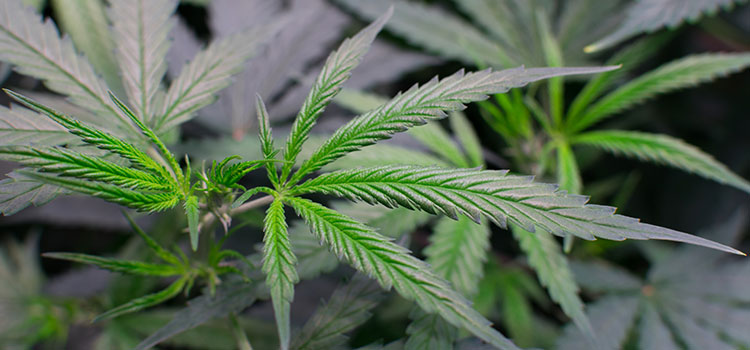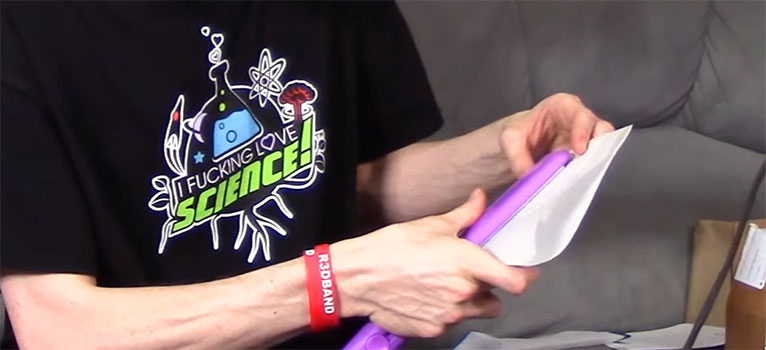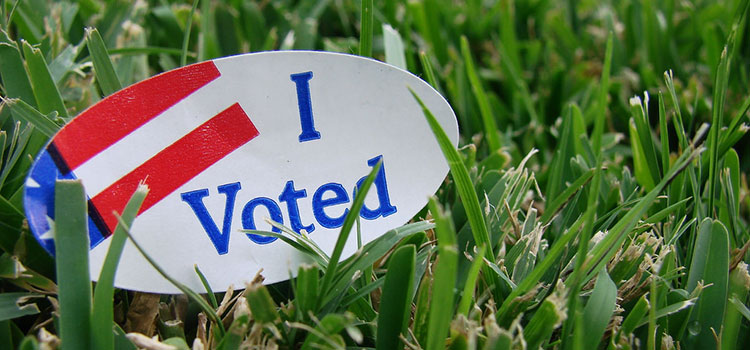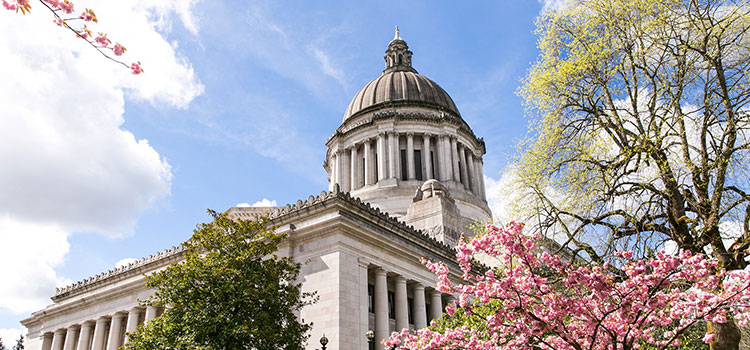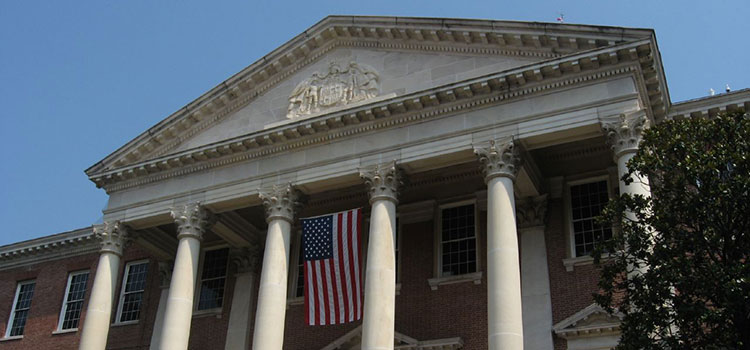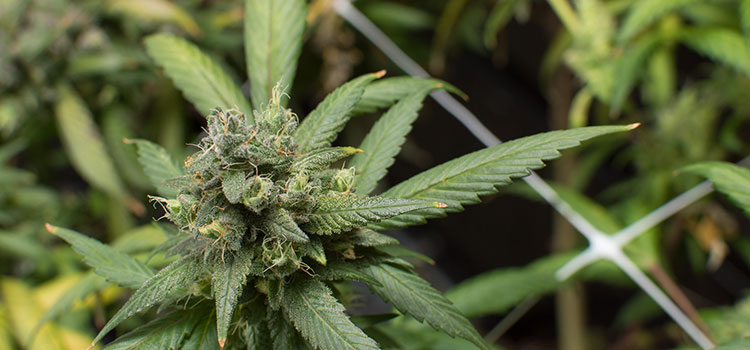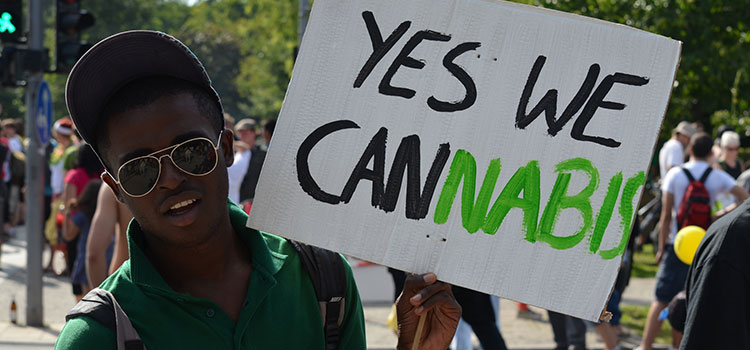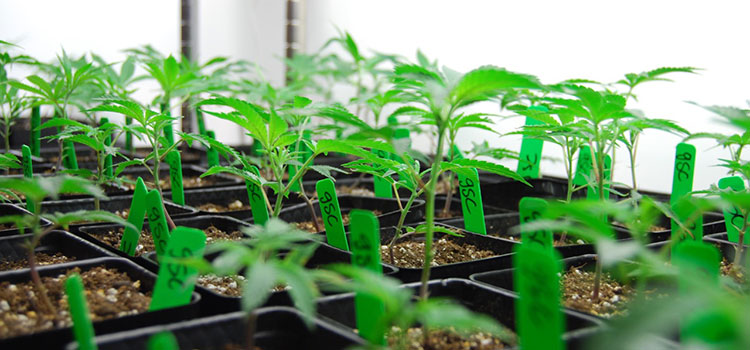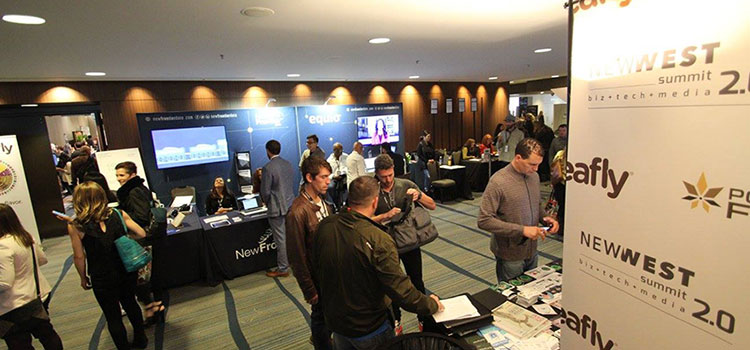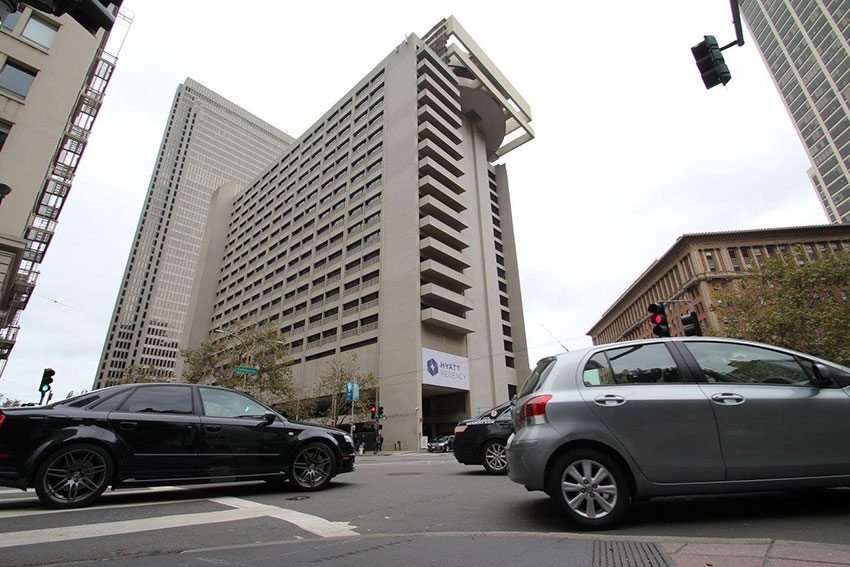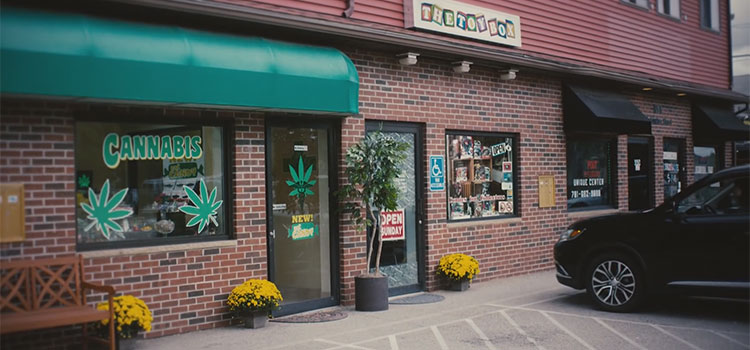It’s been more than a year since Phil “SoilGrown” Salazar posted a video to Instagram showing the world how to use a hair straightener to extract cannabis oils. That video has been cited as the flashpoint for the rise of solventless concentrates produced using pressure and heat — Salazar, in the interviews conducted for this piece, was credited as the godfather of rosin (but did not return several interview requests).
Salazar didn’t discover solventless extracts, however. Bubble hash, dry sift and kief had already been popular with the cannabis community, but concentrates — wax, shatter, crumble — required processing. The most common methods require butane, alcohol or carbon dioxide but Salazar’s discovery simplified a process — and that simplicity launched a whole new sector in the cannabis industry. The heat and pressure process, though, does allow for another oil extraction step from those other solventless types.
Vincent D’Accolti, the co-founder of Rosin Tech Products, points to Salazar’s video as an influence for moving into the rosin press market — mentioning that as a New Yorker the best way to break into the cannabis industry is to start a company in an ancillary sector. New York’s medical marijuana program does not allow for concentrate products and just five states are licensed to grow, manufacture and sell the drug.
“A hair straightening iron wasn’t the best product for making rosin,” D’Accolti said in an interview with Ganjapreneur. “So we started developing presses that were dedicated to rosin production.”
Using a press is a relatively safer extraction method than using chemicals — a safety concern that is becoming so prevalent that Arizona’s ballot initiative includes language banning “chemical extraction with a flammable solvent,” and making it a class 6 felony. But the cleanliness of the final product — which also tends to keep terpene profiles intact — is what really sets the method apart, D’Accolti suggests.
“At the end of the day, if you know you are starting with some safe flower, in 30 seconds you can have clean and potent medicine,” he said.
In order to get the most out of your flower (or kief, or bubble hash) you need a combination of the least amount of time with the lowest temperature, D’Accolti explained. But it’s tricky — the lower the time and temperature, the lower the yield; it’s also strain-dependent and will “need some dialing in.” D’Accolti recommends the average Rosin Tech Products user, who he says are more individuals than large-scale manufacturers, set their press at about 220 degrees for 30 seconds. Those settings, depending on what you are pressing, should give you decent yields of about 10 percent to 30 percent of the weight for flower; 40 percent to 90 percent for bubble hash; and 30 percent to 60 percent for dry sift or kief. “It’s comparable to other methods, it might be a little more labor-intensive but you’re getting a cleaner product.”
“The rosin process preserves more terpenes than any other method of extraction because it’s the least harsh way of extracting oils,” he said.
And that’s not just the pitch of the guy selling the product.
In an interview with Ganjapreneur, Claire Ohman, laboratory director for Terra Health Care Laboratories, indicated that she has tested rosin samples that contain traces of foreign substances, such as wax or plant materials, and that, from the viewpoint of a scientist, “there is no evidence” that inhaling residual amounts of butane or other kinds of residual solvents are inherently dangerous, noting a “lack of research.”
However, she agreed that rosin is “cleaner in terms of not containing solvents or butane” and does indeed maintain the terpene profile of whatever was pressed.
“Normally when you use another type of extraction method you lose the terpenes in the de-gassing step,” Ohman said. “So it does maintain the terpene profile, which is really attractive to a lot of people.”
D’Accolti said his business is driven by those connoisseurs who want the absolute best products available and patients who want to be sure their medicine is clean and safe rather than large-scale manufacturers who “have to catch up with [the market],” observing that many companies already have a lot invested in closed-loop systems and CO2 machines. “The individual is driving the demand for rosin,” he said.
Ohman noted that people who take the position “the less adulterants you have in your life, the better” would be best served by products derived from CO2 extraction or via pressing; and in legal states, consumers demand clean products, with most states requiring products be tested to ensure they are meeting certain parts-per-million standards.
According to Cody Little, a patient in California and member of the Point Loma Patient Consumer Co-Op, solventless concentrate makers are still honing in the art of extraction because the method only gained popularity in the last year, but that a number of health conscious people have already embraced rosin and other solventless extracts, such as bubble hash, kief and dry sift.
“There is a lot of really interesting advancements in the non-solvent field,” Little said. “There’s some people really grabbing it by the horns and doing some amazing things with it.”
In his experience as a consumer, Little estimates that the current market is dominated by solvent extracts — “85 percent to 15 percent maybe 20 percent” — and that the introduction of solventless concentrates is not going to spell the end for their solvent-made counterparts. Solvent extracting is “a lot more efficient and scalable,” and now, products made with solvents are just as safe to consume as solventless. State-required testing helped weed out a lot of the bad actors, he said.
“Back in the day there was a lot more concentrate that was made that was not up to safe health standards,” Little said. “People were making this butane hash that had residual chemicals in it at extremely unhealthy levels so there was a huge negative stigma that got associated with it.”
In Oregon, concentrate and edible sales represented one quarter of total recreational cannabis sales in June, the first month they were offered, with concentrate sales reaching 17 percent. Both D’Accolti and Little agreed that the market share for concentrates — solvent and solventless — is only going to increase as more states allow for cannabis use, providing more opportunities for manufacturers and consumers alike.
